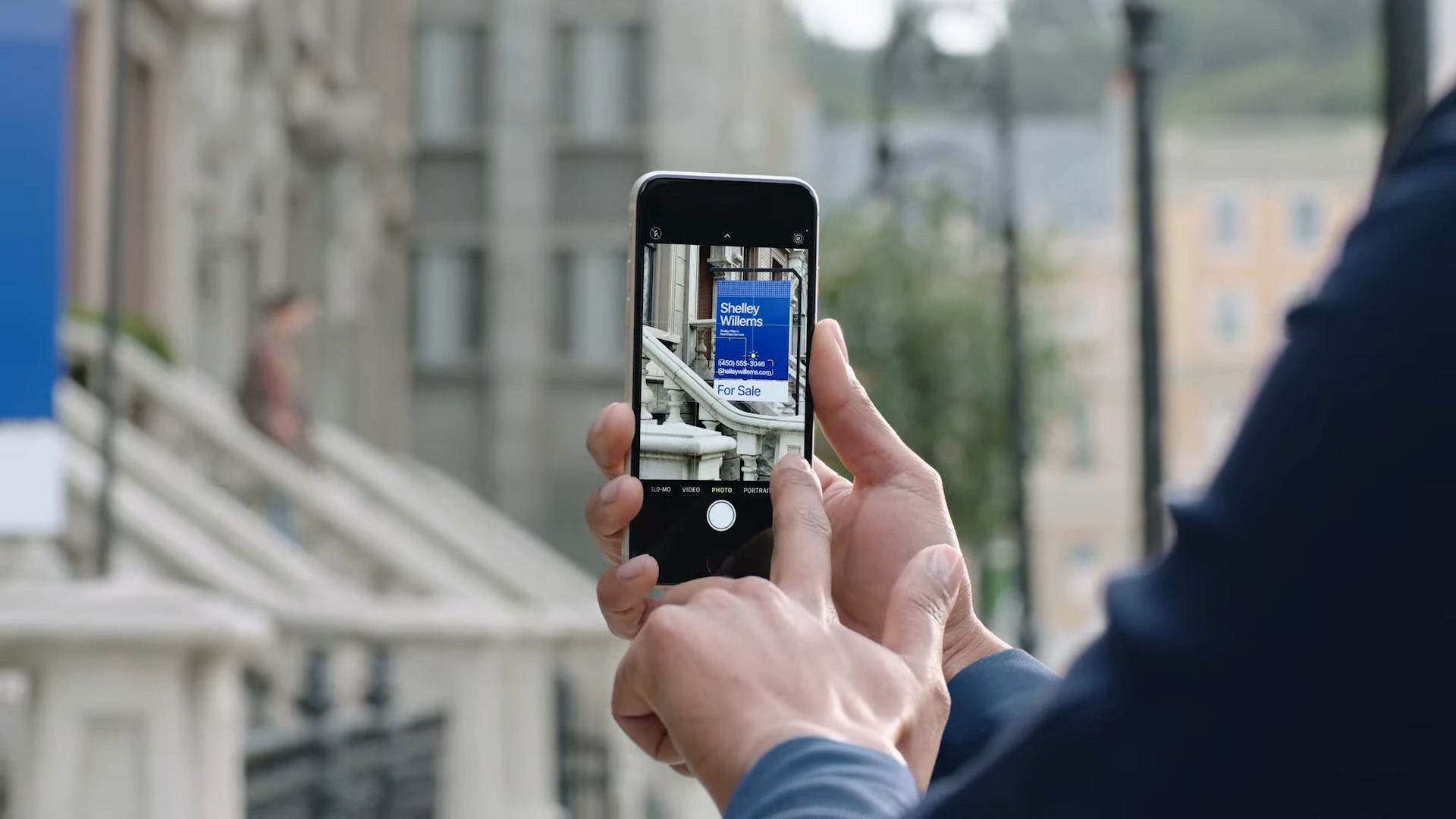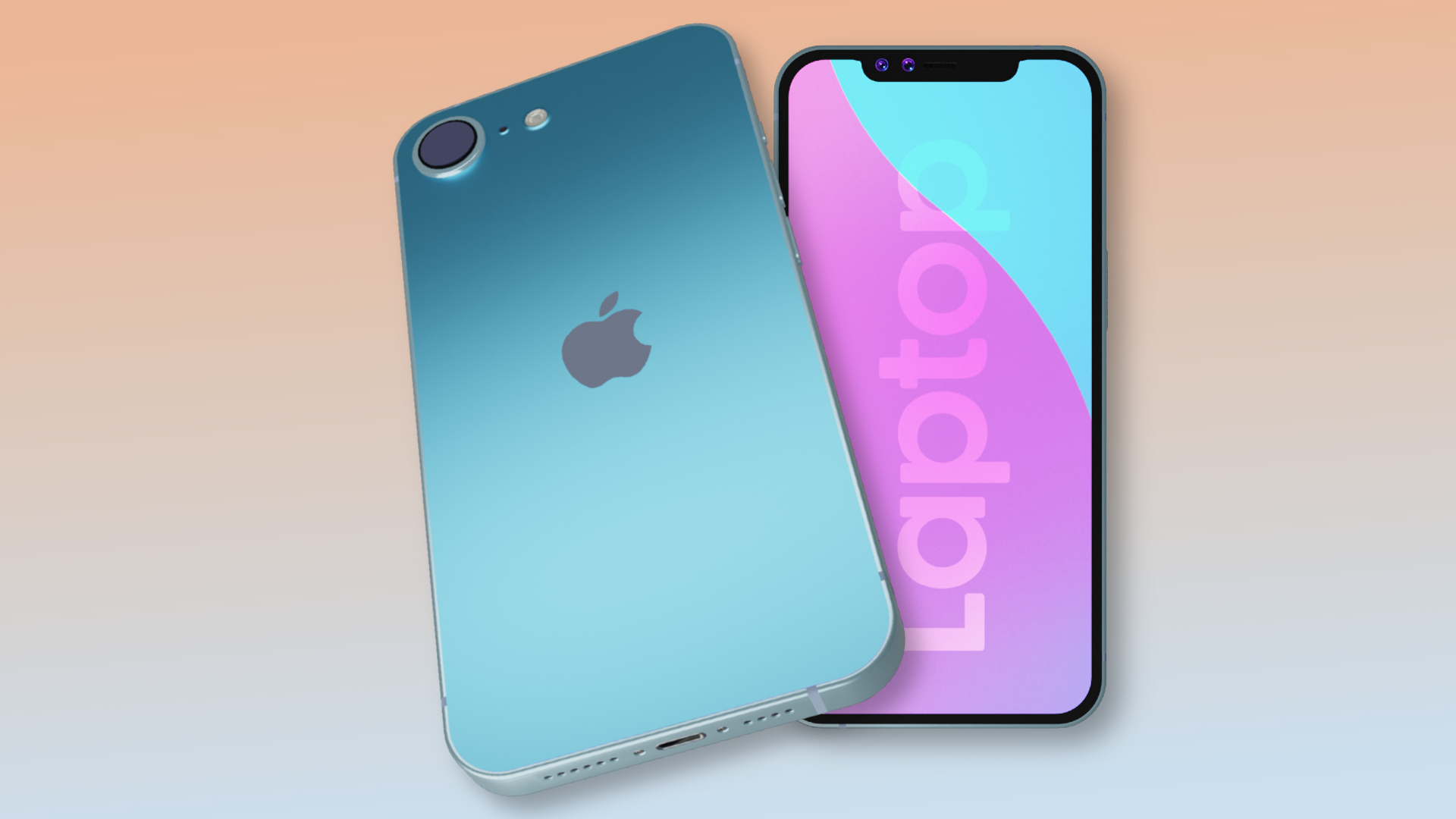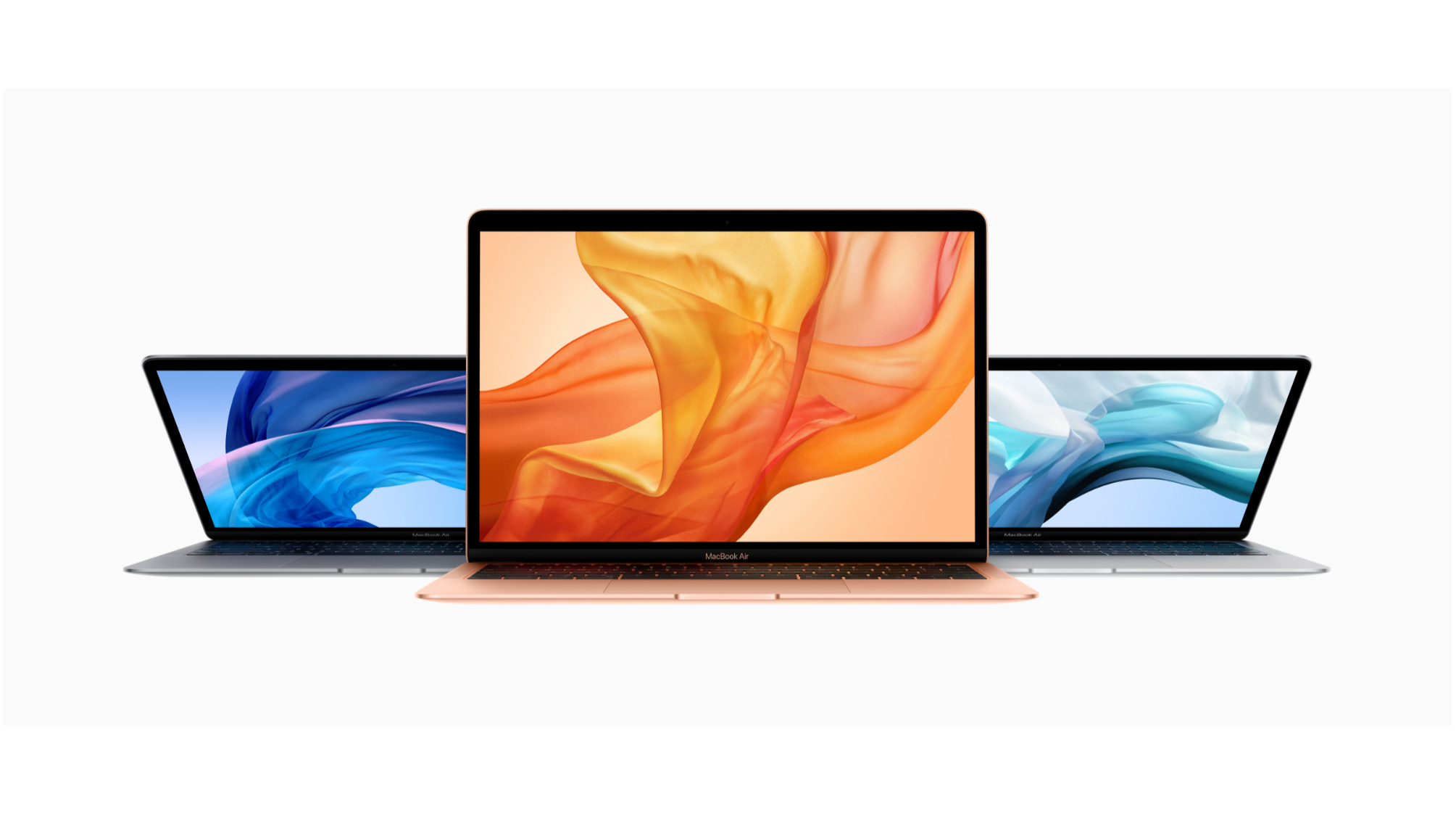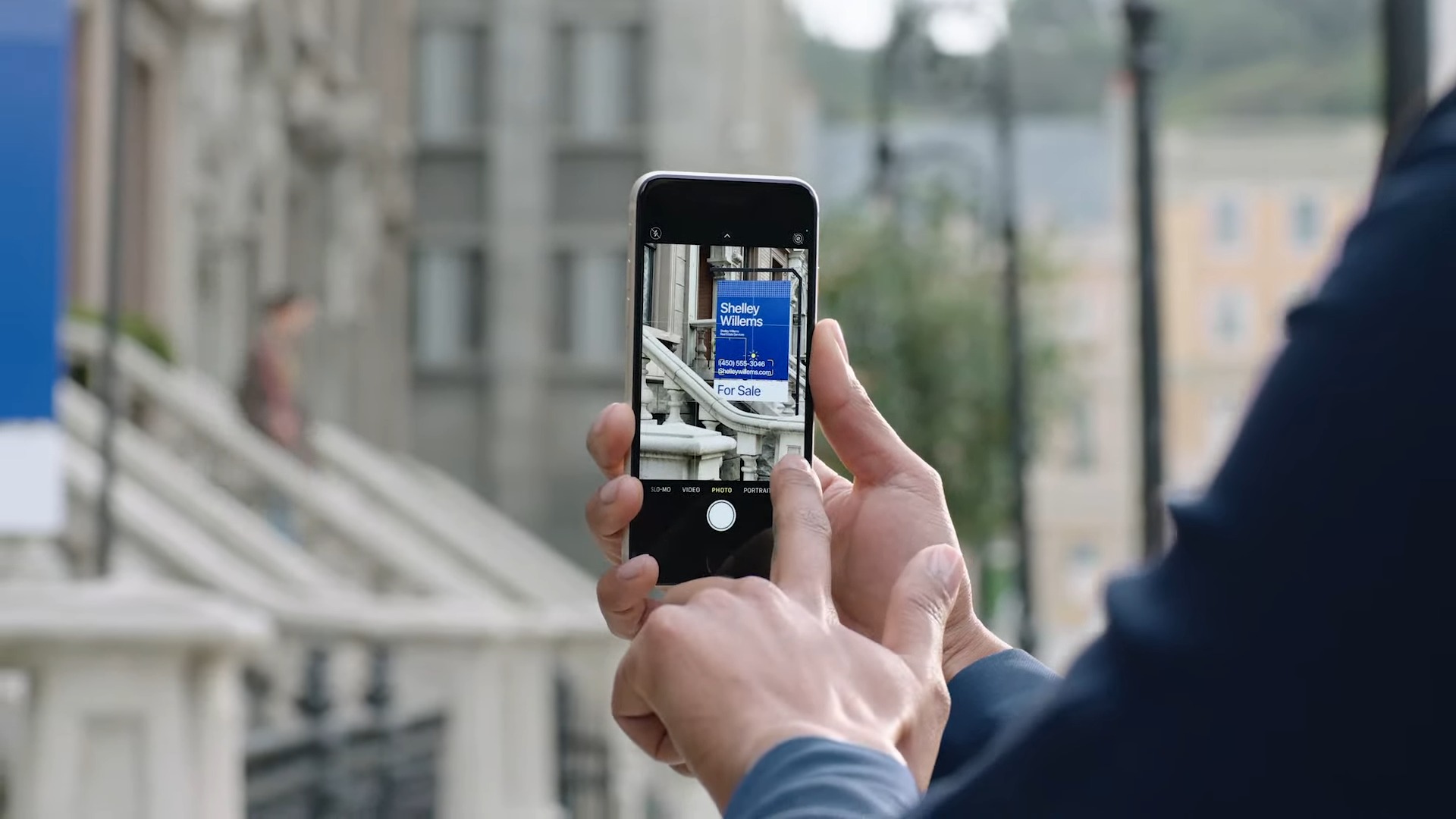Apple is doing pretty well for itself. The Cupertino company has a net worth of $2.5 trillion, a fleet of premium products under its belt, the best marketing money can buy, some of the brightest minds in the industry working for it, and a level of brand awareness that at this stage borders on ingrained genetic memory.
However, things could be better. In December 2023, Apple’s valuation reached $3 trillion, buoyed by the newly announced “Scary fast” M3 MacBook Pro and iMacs alongside holiday sales of the iPhone and iPad.
But what’s half a trillion dollars to a company still worth so much? As it turns out, quite a lot. Especially after Apple’s electric vehicle plans have fallen through, unit sales are in decline, and Apple’s “Next big thing” in the Vision Pro fell off the radar faster than D. B. Cooper.
To make matters worse, market intelligence agency IDC (International Data Corporation) predicts a 10% slump for iPhone despite the smartphone market growing by 8%.
That said, it’s not the end of the road for Apple, not by any stretch. But it could be time to make a left turn. While Apple is now said to be looking for the next “Next big thing” (even showcasing an uncharacteristic scramble to get in on the ground floor of home robotics), the company may find its best success yet in the “Next small thing”—a rediscovery of the midrange and budget audience.

Apple needs to rediscover the midrange
Take a look at Apple’s catalog and you’ll find a host of devices all suited and booted, ready to deliver the premium Apple experience at premium Apple prices.
Let’s not get lost in the weeds or dive too far into the murky waters of whether or not these devices are worth their price tags. Instead, let’s cast our eyes just below these gleaming flagship spectacles and to Apple’s more affordable alternatives.
Oh, wait. There are none. There is no consistent and dedicated midrange line available for consumers to latch onto year after year, at least. This allows Windows laptops, Chromebooks, and Android smartphones to dominate in these areas. But that doesn’t have to be the case.
Apple already has options when it comes to spearheading a charge on the midrange. The upcoming iPhone SE 4 and, should rumors prove true, eventually, a MacBook that rivals the Chromebook.
The upcoming iPhone SE 4
While brands like Samsung, Google, Motorola, OnePlus, Honor, and more fill the midrange and budget markets with affordable and budget-conscious alternatives, Apple has… Well, slightly cheaper older models or the awesomely enticing prospect of 2022’s iPhone SE—a device now so far removed from the modern iPhone experience that you’d be forgiven for assuming it was a Temu fake.
In dismissing the midrange Apple is leaving money on the table, and phones like the Galaxy S23 FE and the Pixel 7a are eating their lunch through offering quality solutions at affordable prices.
Apple’s best hope at capturing the midrange could come from the iPhone SE 4. Apple’s upcoming smartphone has yet to be officially confirmed, but we’re already hearing plenty of word about a refreshed iPhone XR/13 hybrid design including the iPhone 15’s Action Button, and an OLED panel.

Pricing will be everything when it comes to the iPhone SE 4, and when it comes to any of Apple’s midrange hopes in the future. The Apple tax is real, and often a little too much to swallow. Those looking for midrange options won’t be swayed by a fruit logo alone, so making a compelling device available at a smaller price is vital to regain market share and re-establish Apple as a midrange player.
We don’t expect to see the latest iPhone SE 4 until 2025, by then it will have to contend with some serious competition from the likes of the Samsung Galaxy A35, and more prominently the Samsung Galaxy S24 FE and the Google Pixel 8a.
Hopefully, Apple can strike the perfect balance on price, performance, and a premium-like experience to make this model competitive. However, those in Cupertino need to drop the idea that the SE line dilutes the iPhone and realize that a more modest device (and price tag) could make its smartphone line more accessible than ever.
The MacBook that ends the Chromebook
In September 2023, a rumor surfaced online indicating that Apple was considering an all-new MacBook. At that time, we had yet to see the M3 MacBook Pro make an appearance, and the M2 line was doing just nicely. Apple Silicon has been a proven success so far for the company, and up until Qualcomm’s recent Snapdragon X Elite processors, the M-series of chips have been well ahead of the competition.
However, while Apple’s laptops were doing just dandy against PC counterparts, sources suggested that Apple was mulling the idea of creating a MacBook to conquer the classroom: An affordable macOS laptop to rival the Chromebook.
According to sources, Apple’s plans involved using less premium materials and components to drive down the price of its proposed MacBook to better compete with Chromebook counterparts—a staggering proposition considering how many of these laptops can fall well below the $500 threshold.

Word on Apple’s Chromebook killer plans have been thin ever since. However, the original report did indicate that Apple may have this year’s WWDC 2024 in mind for a potential reveal. The likelihood of which, with what we know so far, is slim. But that doesn’t mean Apple’s idea isn’t of considerable merit.
Countering the Chromebook with a low-cost MacBook alternative is a fantastic idea on two fronts. Primarily, Apple could dive into the educational market properly and become a viable candidate for outfitting schools and students with a top-flight experience.
Secondly, it introduces entire new generations to life on macOS, along with the full suite of Apple’s apps and tools and how the platform works. This opens the floodgates to continued macOS adoption and could see a groundswell of users picking up and sticking with Apple’s operating system (and in turn laptops, smartphones, and tablets) for years to come.
Outlook
There are even wider benefits to Apple rediscovering the midrange. As Bloomberg’s Mark Gurman suggests, while pointing out a similar need to refocus on midrange options, “The move could help build the company’s brand in the developing world, and Apple could eventually upsell those consumers to pricier devices. Along the way, more of them will get hooked on Apple services and apps.”
While Apple’s popularity in the US can’t be questioned, the rest of the world, especially those in developing nations swarm to Android devices for their affordability, customization, and availability.
In the same Bloomberg article, Gurman provides an old quote from Steve Jobs to highlight Apple’s reluctance in the midrange market: “We don’t offer stripped-down, lousy products.”
Well, my solution to that is simple. Start making stripped-down good ones.







